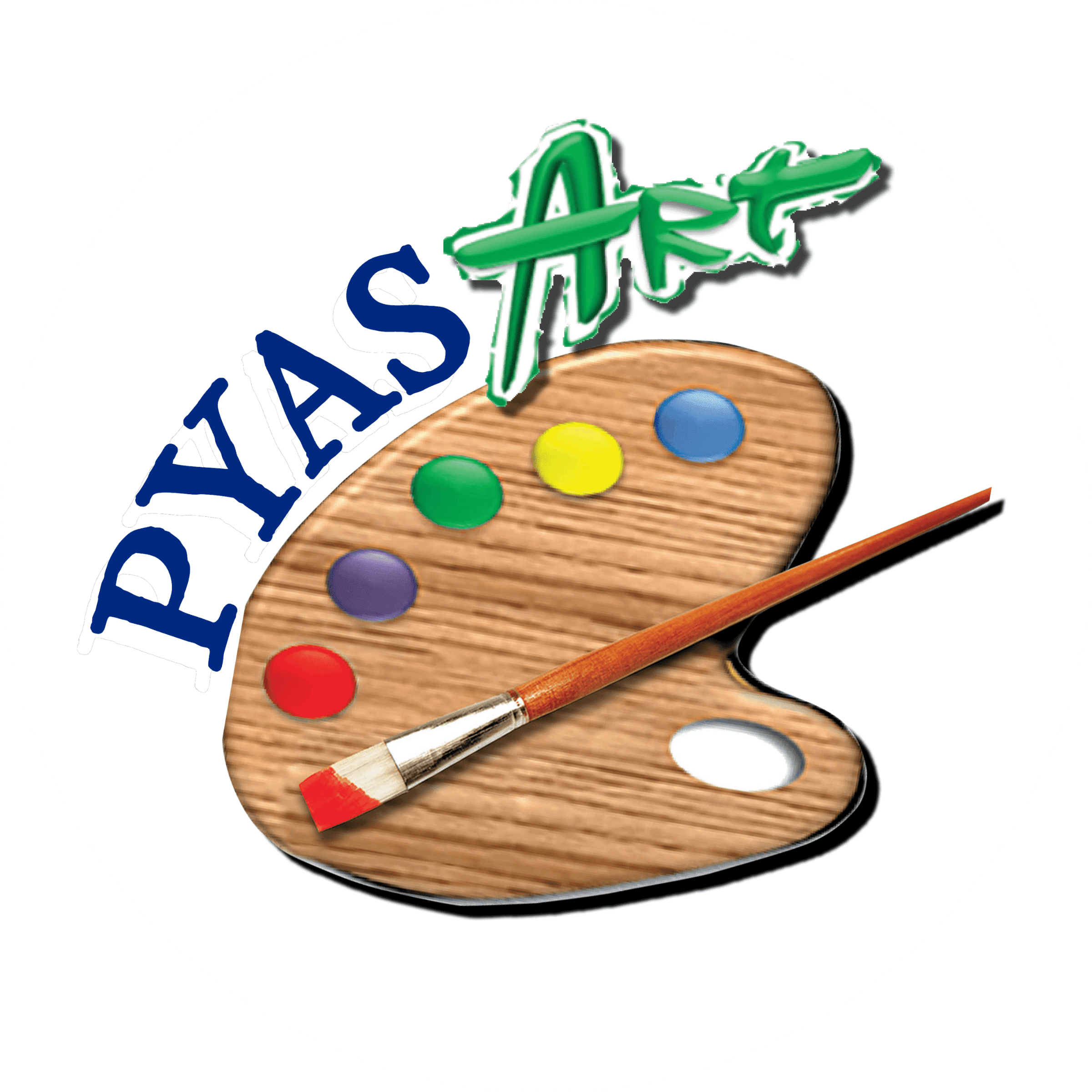
Exploring Further: Unique Benefits of Art Education for Youths

Our previous discussion highlighted the foundational benefits of art education for children. Now, let’s delve into additional, often overlooked advantages that art provides, enriching not only children's abilities but also their overall well-being and connection to the world.
- Art Cultivates Mindfulness and PresenceEngaging in art can be a meditative practice for children, encouraging deep focus and present-moment awareness. Whether they are painting, sculpting, or drawing, the act of creating art can help reduce stress and increase personal tranquility.
- Art Enhances Cognitive FlexibilityArtistic activities challenge the brain to think in new and complex ways, fostering cognitive flexibility. This skill is crucial for adapting to new information and solving problems creatively, which can benefit academic and personal pursuits.
- Art Expands Communicative RangeArt provides children with a multitude of ways to express ideas and emotions. For those who might struggle with traditional communication, the visual and performative arts offer new avenues to convey thoughts and feelings effectively.
- Art Boosts Technological LiteracyModern art education often incorporates digital tools and software, providing students with essential tech skills. From digital painting to 3D modeling, these skills are increasingly important in our digital world.
- Art Promotes Environmental AwarenessProjects that involve recycled materials or nature-based themes can teach children about sustainability and the importance of environmental conservation, fostering an early appreciation and responsibility for our planet.
- Art Encourages Healthy Risk-TakingIn art, taking risks is often rewarded rather than penalized. Children learn to venture beyond their comfort zones, experiment with new ideas, and embrace the learning process that comes with making mistakes.
- Art Strengthens Historical ConnectionsThrough art, children connect with historical events and figures, learning about the past in a vivid and personal way. This deepens their understanding of history and its impact on present-day life.
- Art Builds Empathy and Global AwarenessBy studying art from around the world, children learn about different cultures and lifestyles, which enhances empathy and global awareness. This cultural education helps build open-minded and globally conscious individuals.
Selecting the Right Art ExperienceWhen choosing an art program, look for opportunities that offer a diverse range of experiences and emphasize personal growth, cultural exposure, and creative freedom. A supportive environment where feedback is constructive and creativity is nurtured can make all the difference in a child's artistic journey.
By fostering these unique skills and perspectives, art education does more than just teach children how to create; it prepares them for a rich, thoughtful life. This holistic approach not only enhances academic performance but also builds a foundation for lifelong learning and personal fulfillment.
Send Us A Message
Would you like to know more about our classes? Ask us anything

